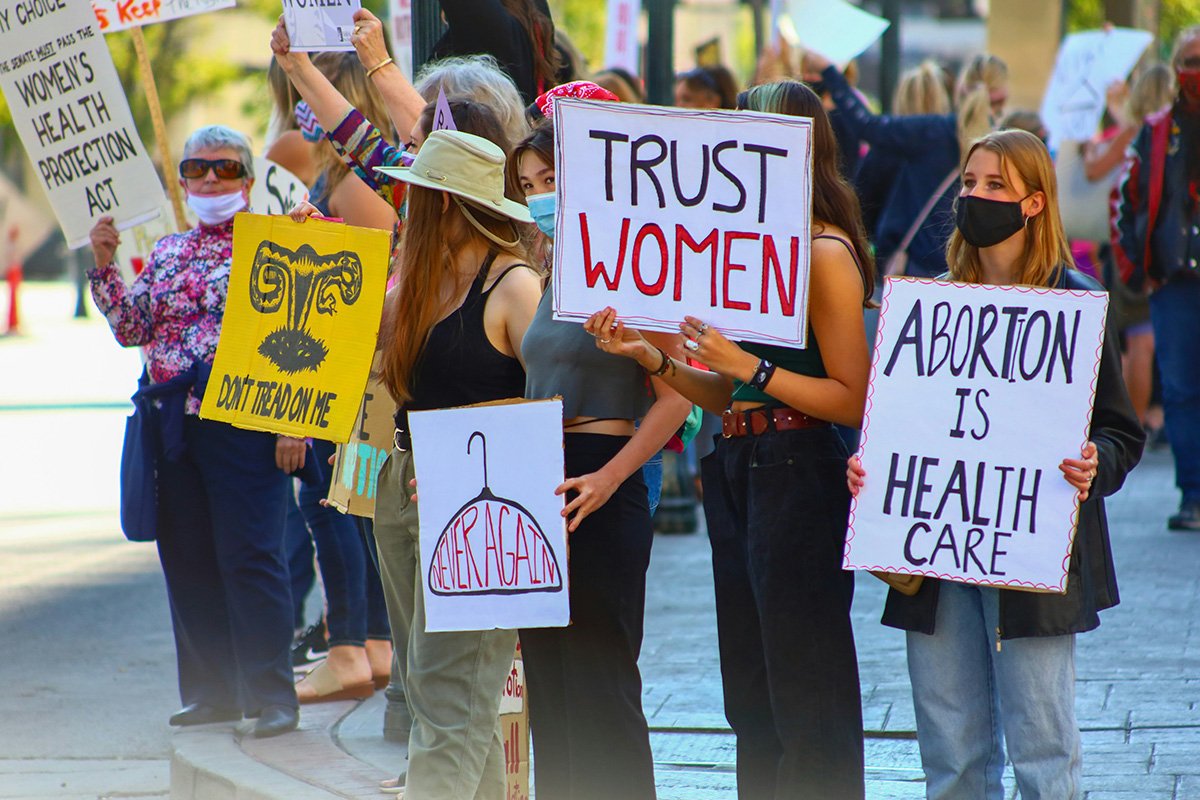
August 21, 2017; Health Payer Intelligence
Health insurance companies have long recognized the value of partnering with nonprofit organizations to address health outcomes for their clients. If payers can support programs that keep their clients from acquiring chronic diseases, which are very expensive to manage, the company can save money in the long run. The philanthropic arms of such companies as Humana, Aetna, and Cigna support initiatives like diabetes education and prevention, leading active lifestyles, and heart health through their grantmaking. While these are critical, an individual’s health status also be influenced by non-medical factors, together known as the social determinants of health.
The Kaiser Family Foundation defines social determinants as “the structural determinants and conditions in which people are born, grow, live, work and age.” This includes factors like housing, poverty, employment status, race, and gender, which have an impact on health that the healthcare delivery system isn’t designed to address. In theory, these are not medical issues, so healthcare should be equal for all recipients regardless of these social determinants; in reality, two people can receive the exact same care and still have vastly different outcomes. An NPQ article from May 2016, for example, pointed out that African American women disproportionately die during childbirth.
In fact, the data show that an individual’s health may be impacted more by social determinants than healthcare itself. A recent report by America’s Health Insurance Plans (AHIP) indicates that only 10 percent of an individual’s health can be directly attributed to healthcare. The other 90 percent is determined by social determinants and how those factors influence individual behavior.
Sign up for our free newsletters
Subscribe to NPQ's newsletters to have our top stories delivered directly to your inbox.
By signing up, you agree to our privacy policy and terms of use, and to receive messages from NPQ and our partners.
The Humana Foundation’s interim executive director, Pattie Dale Tye, realized that tackling the social determinants of health through their grantmaking could be a more effective method of preventing chronic disease. She said, “Health doesn’t happen in a doctor’s office. Health happens in the community and at home, and if we don’t pay attention to those very important health components [outside the doctor’s office] then we’re never going to bend the trend of a $3 trillion healthcare bill.”
Several other payers have followed the same thinking as Tye and the Humana Foundation. Both the United Healthcare Community Plan of Wisconsin and Aetna Foundation have given hundreds of thousands of dollars to community organizations that address social determinants such as socioeconomic status and employment in addition to their traditional initiatives of healthcare management and access to care.
While this is great news for community organizations addressing these issues, one big question remains: Will this funding last, or is it just the latest healthcare trend? Now that payers have acknowledged the very real impact of social determinants of health, it would seem difficult for health insurance foundations to drastically change their philanthropic focus without a compelling reason. Moreover, both parties benefit from the partnership—nonprofit organizations receive funding to continue their work, and health insurance companies see a decrease in expenditures. Most importantly, patients benefit when payers, providers, and community organizations address health from a holistic point of view, as opposed to working in silos.— Sheela Nimishakavi










